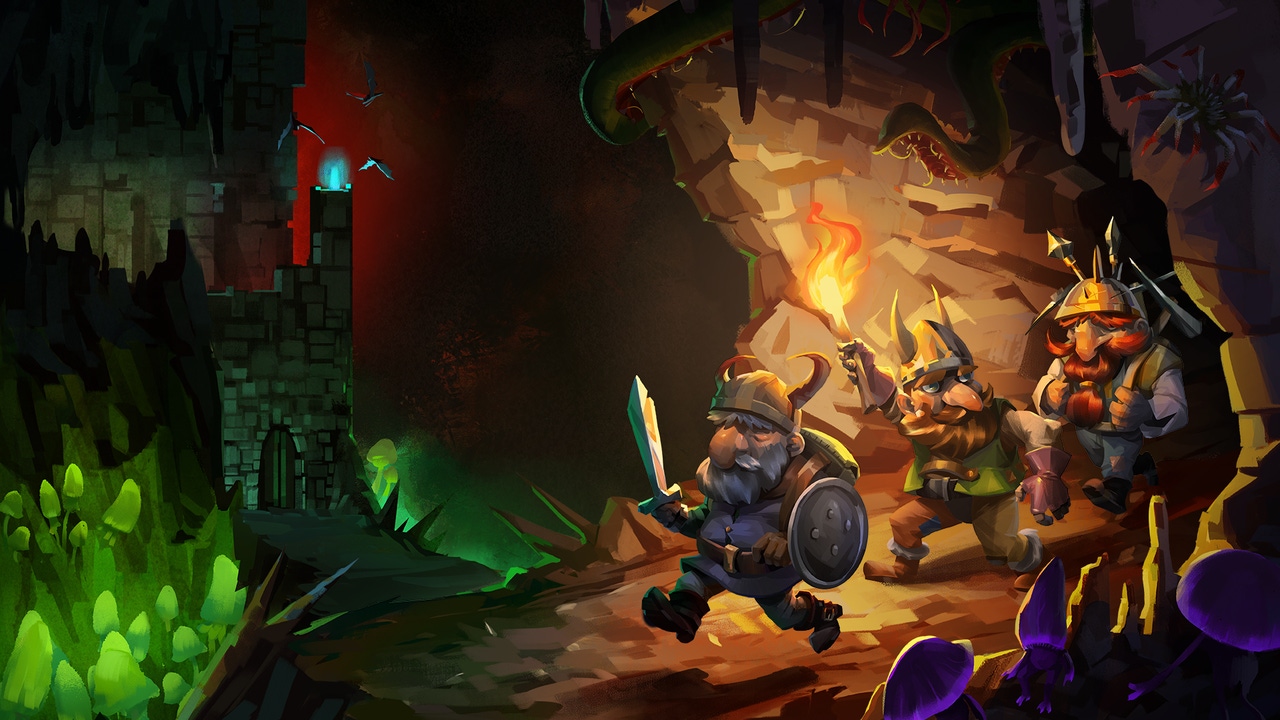Trending
Opinion: How will Project 2025 impact game developers?
The Heritage Foundation's manifesto for the possible next administration could do great harm to many, including large portions of the game development community.
Saying Dwarf Fortress exceeded Kitfox's expectations may be underselling it.

Bay 12 Games' Dwarf Fortress released its 1.0 version yesterday, and has already sold 160,000 copies on Steam. Tanya Short of publisher Kitfox Games broke the news on Twitter, saying that she initially expected the game to hit that milestone within two months of release.
Days before Dwarf Fortress came out, third-party economist Systemchalk published a blog explaining the game's sales projections. These numbers were gleaned partially by using the net wishlists of Kitfox's previous titles and ratio of those sales compared to their wishlists. Total and average daily sales of its titles also factored into these projections.
Using Steam wishlists to determine the success of Dwarf Fortress wasn't an entirely sound method, something Systemchalk freely admitted. They were also candid in saying that this approach only looks at the best case scenario, and wouldn't consider how long it was a wishlist title, its time on non-Steam platforms (the game is currently currently on itch.io), and so on.
Still, they argued wishlists can be helpful for forecasting.
"The purpose in forecasting Dwarf Fortress was to give a ‘live’ example of the best candidates from a broad examination of wishlist measures as a whole and to present it in a way that could not rely on what was “obvious” only in hindsight," wrote Systemchalk.
In explaining the many variables taken into consideration (there were around 120 overall), Systemchalk admitted some flaws in the method, such as "the best wishlist metrics tending to be total wishlists and mean wishlists."
"Total and mean wishlists become more useful the closer they are to release...An ideal method would be to use a wishlist measure that could be obtained as early in a game’s development as possible and remains a target for future
research."
Beyond Dwarf Fortress succeeding on its own merits as a game, they credited Steam's algorithm, which often highlights games that sell well. Given how quickly Dwarf Fortress has taken off, it's safe to say that it'll continue blowing past those projections—including Short's own personal expectation of 200,000 copies in two months—without much effort.
Update: This article has been corrected to properly credit Systemchalk, who wrote the original blog post about Dwarf Fortress' expected sales projections.
You May Also Like